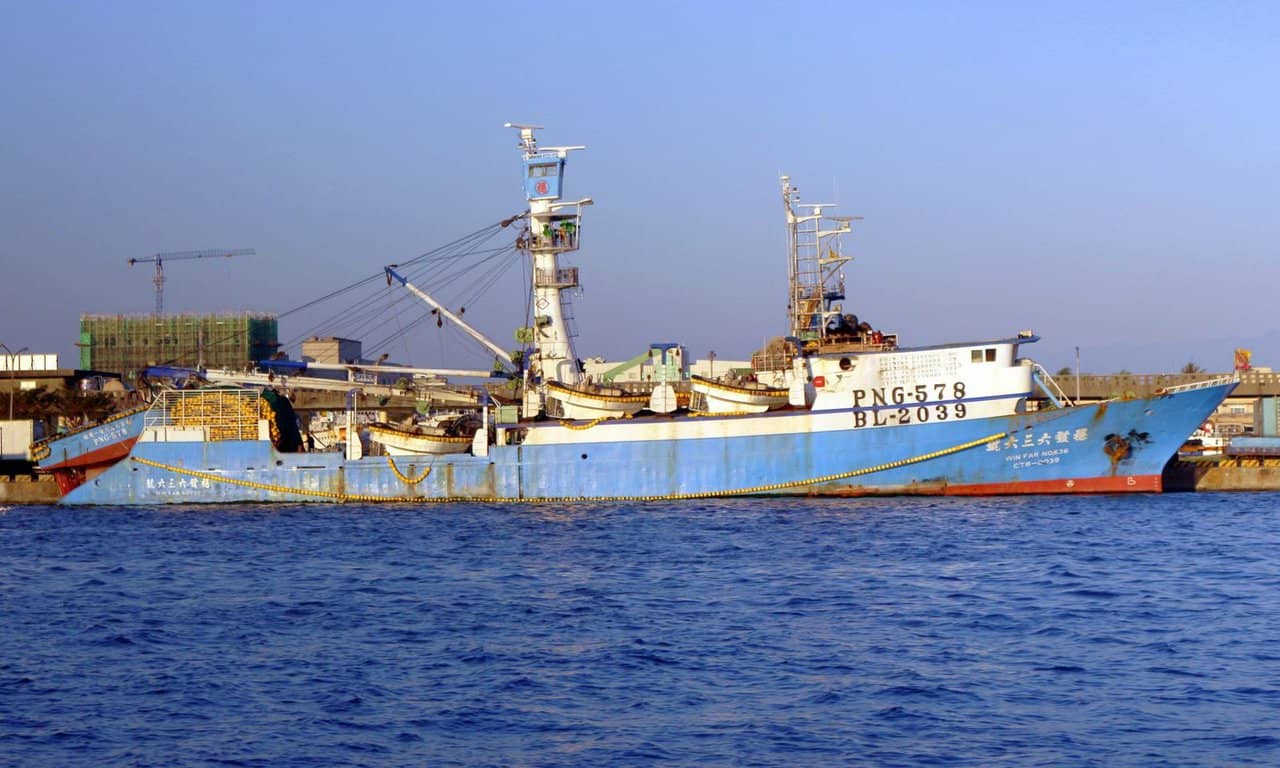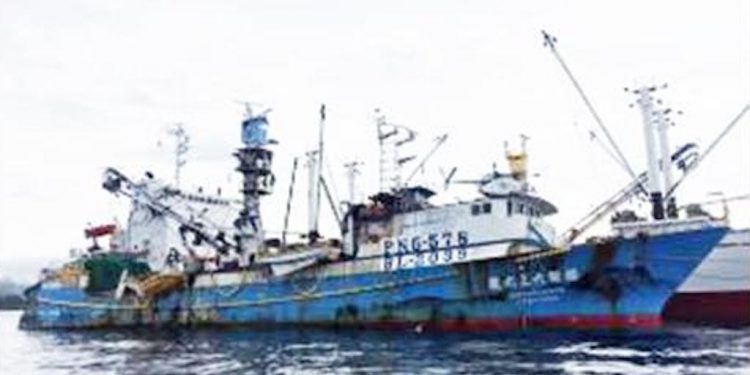The NGO Tuna Forum has recently published guidance on workers’ rights for companies engaged in the tuna industry, following an intervention by Human Rights at Sea.
Tuna are fished in more than 70 countries and are among the world’s most popular fish and therefore among the most commercially valuable. Yet, the workers in this multi-billion industry still encounter some of the worst forms of human and labour abuses experienced in the sector.
Although not part of the drafting or research stage, after reviewing the initial guidance in January 2023, Human Rights at Sea (HRAS) voiced its concerns over the drafting and tone of the document and ultimately triggered key amendments.
HRAS has announced that it is pleased to see its various recommendations including, but not limited to, a primary focus on established International Human Rights Law, combating a lack of industry transparency through public incident reporting, and the need for an enforcement and deterrent effect now covered in the text.

The NGO Tuna Forum brings together NGOs, other individuals, and organisations that work on global tuna sustainability issues, predominantly with a conservation focus. The guidance on workers’ rights for companies engaged in the tuna industry is designed to ‘enhance and improve alignment’ in a sector where human rights abuses, including human trafficking, forced labour and death at sea, are rife but, sadly, not new.
NGO Tuna Forum emphasises that its guidance ‘should not be considered comprehensive,’ and add that it is ‘intended to unambiguously state the minimum actions that all companies involved in tuna fishing must take now to identify, prevent, mitigate, and remediate labour rights abuses in their supply chains.’
International Law focus
Advice expressed by HRAS was the inclusion of increased clarity around the protection of fundamental human rights and labour rights and the explicit listing of applicable human rights from across all relevant International Conventions and related legal instruments, reflecting those highlighted within the Geneva Declaration on Human Rights at Sea (GDHRAS).
The explicit inclusion of the reference to the International Bill of Human Rights and the constituent UN Human Rights treaties, followed by a focus on emerging soft-law guidance around business and human rights, sets the right tone around the correct hierarchy of referencing.
The GDHRAS was launched in Geneva on 1st March 2021 as a response to the ongoing systematic abuse of human rights at sea globally and brings together existing international law into one document; offering practical guidance on how to ensure that human rights abuses at sea are detected, remedied, and ultimately ended.
An Industry in the Spotlight
Between November 2018 and January 2019, the Business and Human Rights Resource Centre (BHRRC) surveyed 35 canned tuna companies and supermarkets, representing 80 of the world’s largest retail canned tuna brands, on their approach to human rights in Pacific tuna fishing operations and supply chains. 20 of the 35 companies responded.
It issued Out of Sight: Modern Slavery in Pacific Supply Chains of Canned Tuna – A Survey and Analysis of Company Action in 2019, highlighting in detail the continuing growing body of evidence of slavery in the Pacific Tuna supply chain, including case study work from Human Rights at Sea exposing past abuses in Fiji through a family perspective on a deceased Fijian crew member who was subjected to alleged egregious human rights abuse while working on a Taiwanese flagged fishing vessel.
According to HRAS, the wider global fisheries industry still lacks adequate monitoring and enforcement of human and labour rights protections, and there is still substantial evidence of widespread, deliberate and often systematic abuse of human rights at sea, stating that migrant fishers, are often held in slavery conditions onboard distant water fleets and child labour is still present throughout the supply chains globally.









